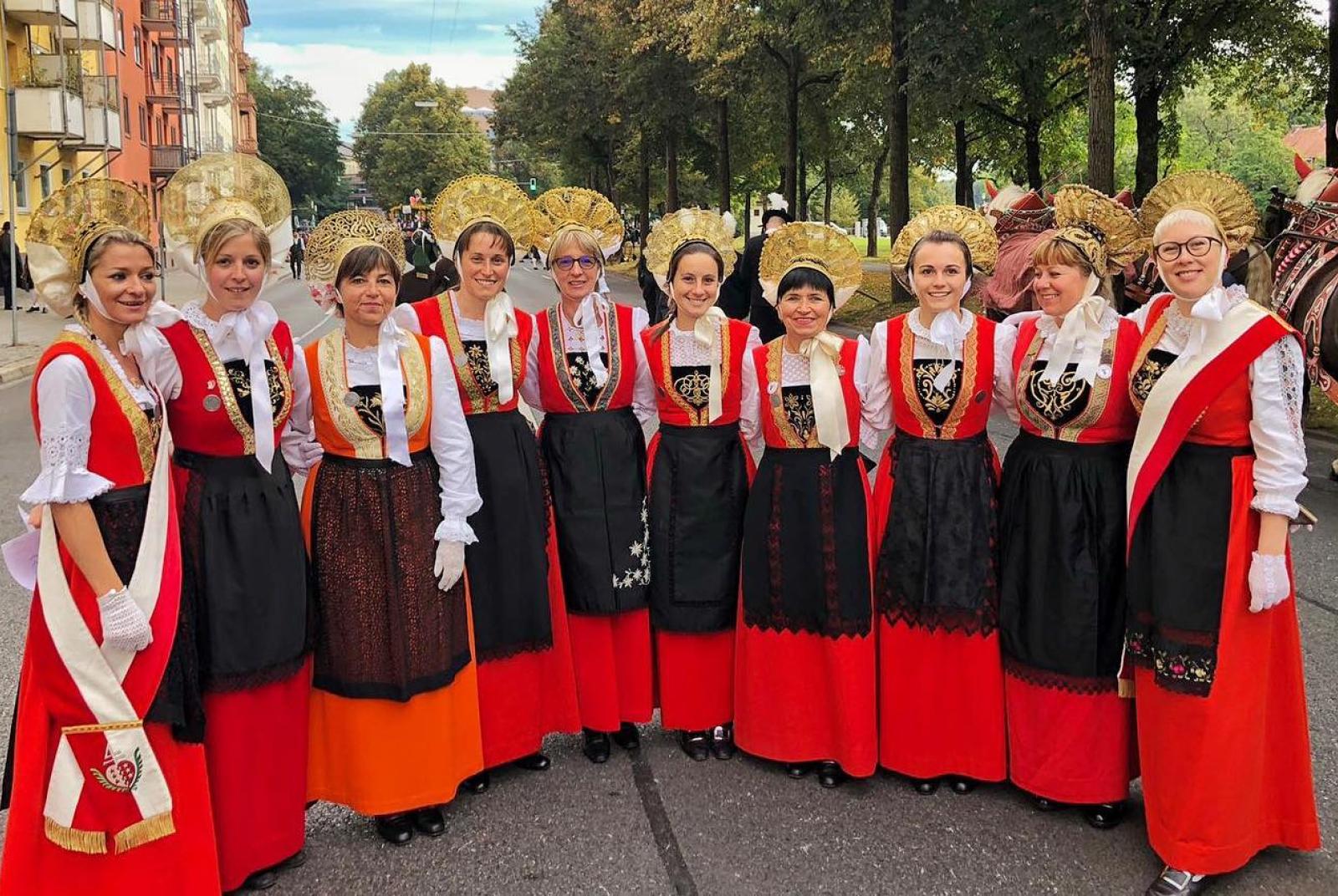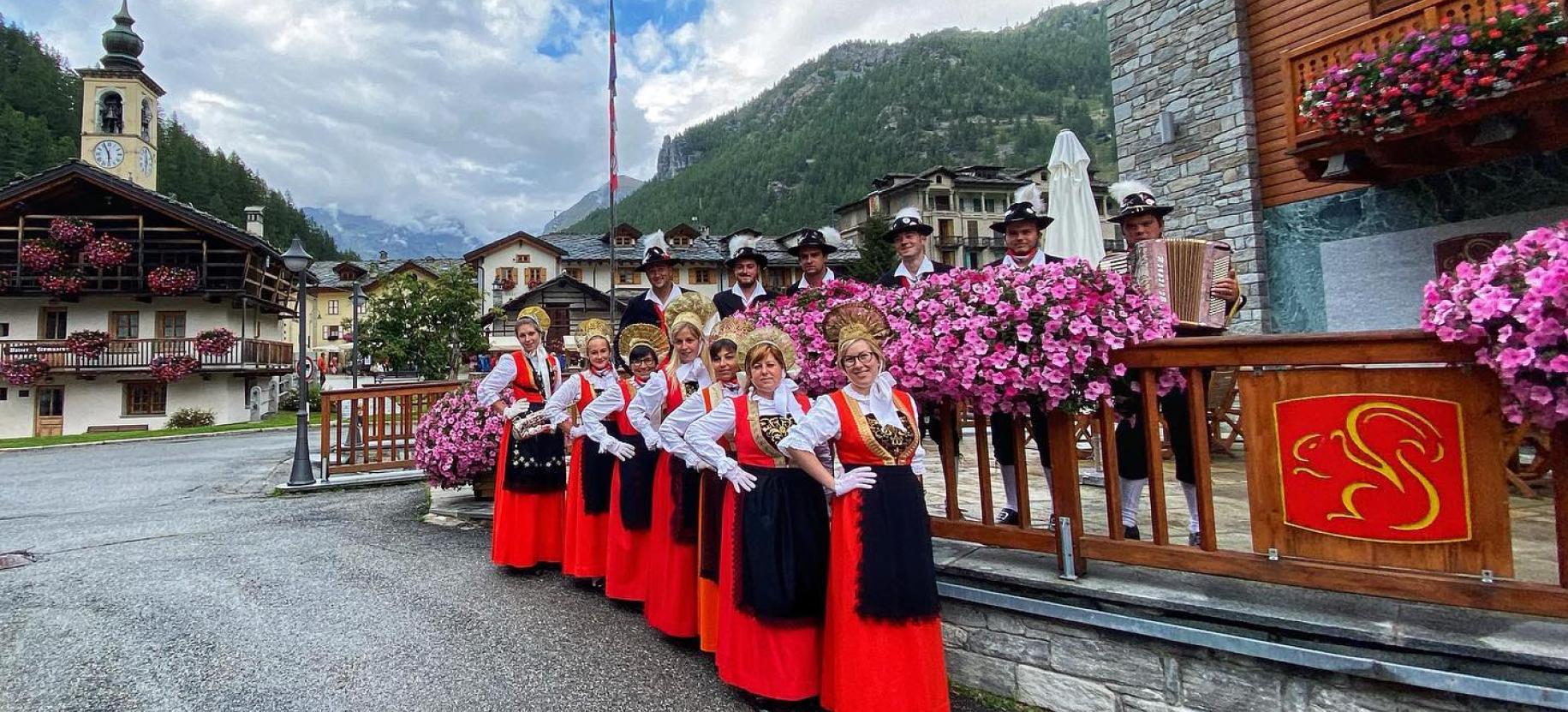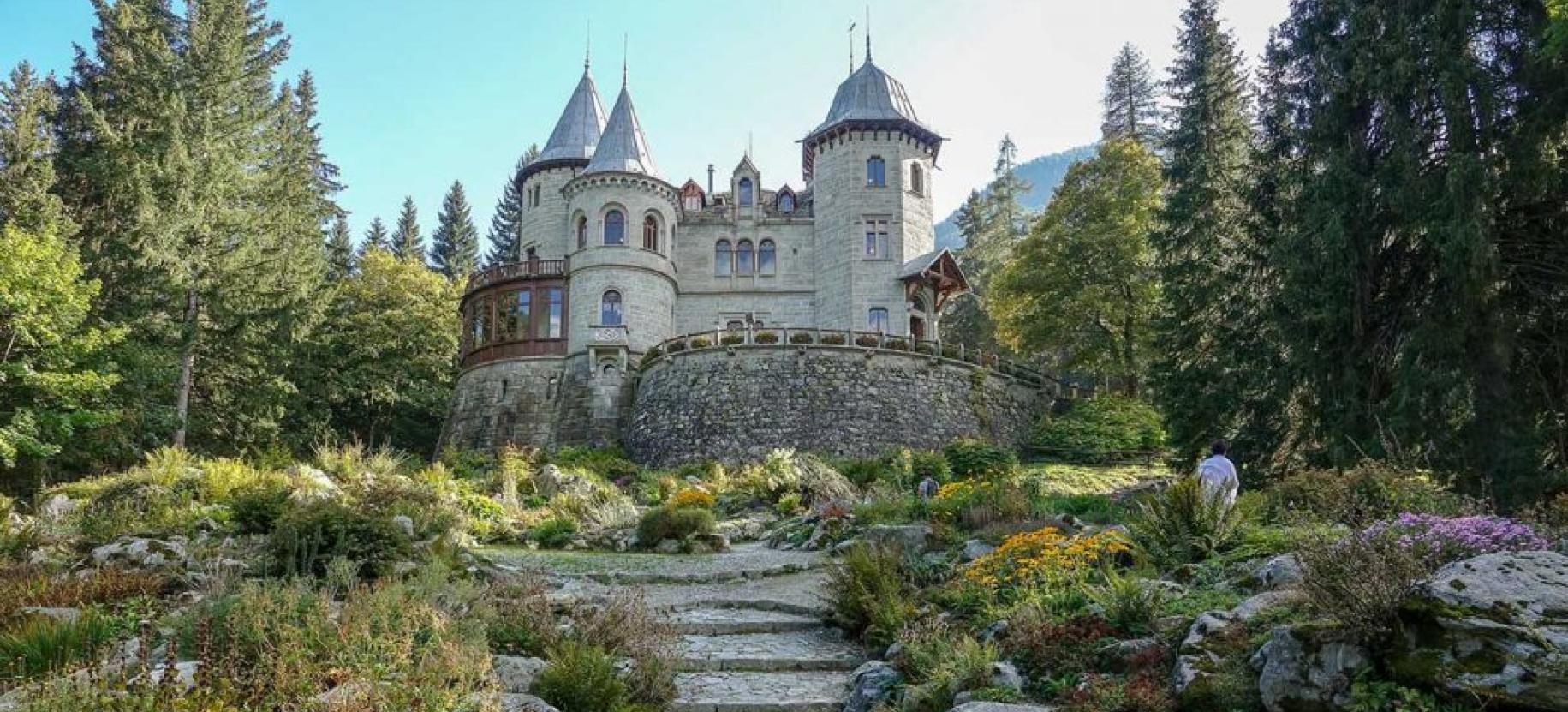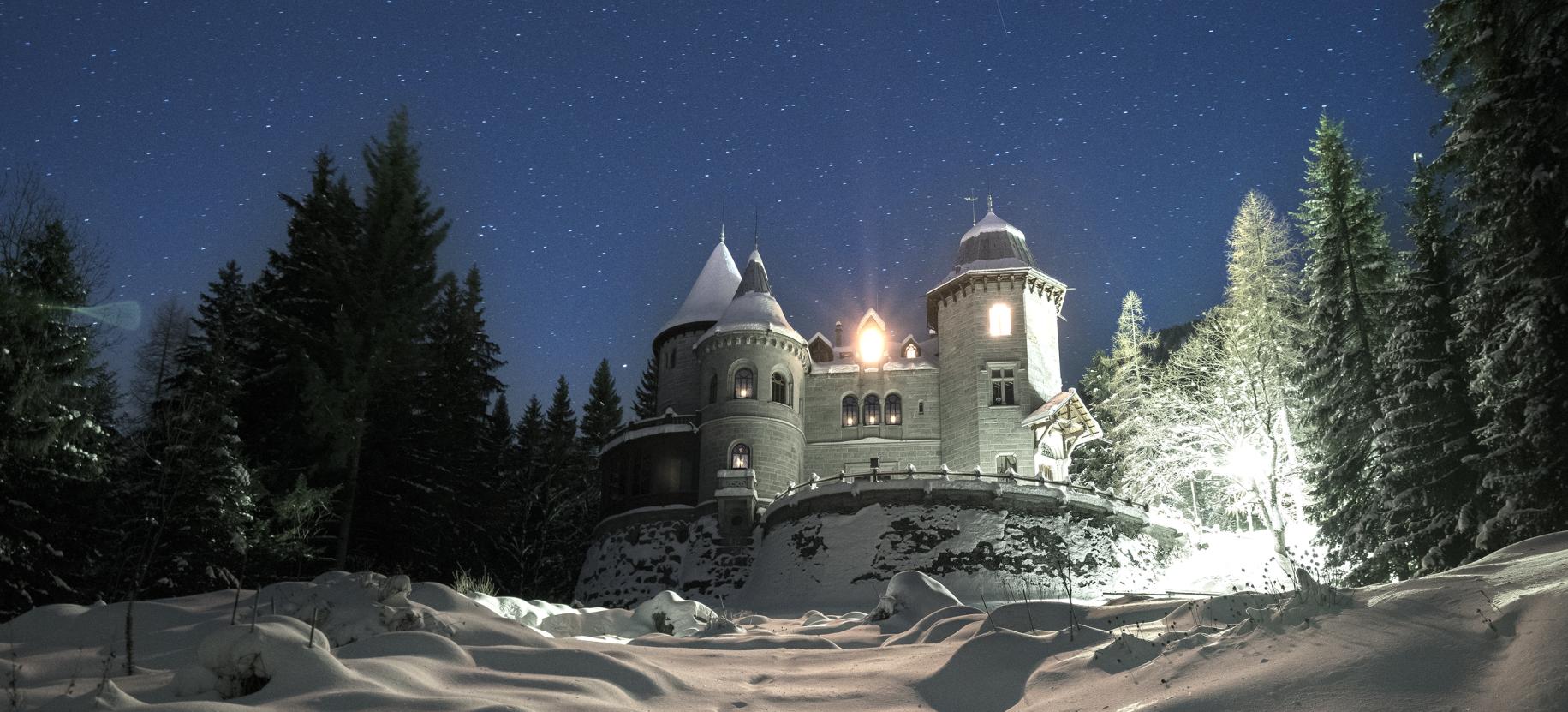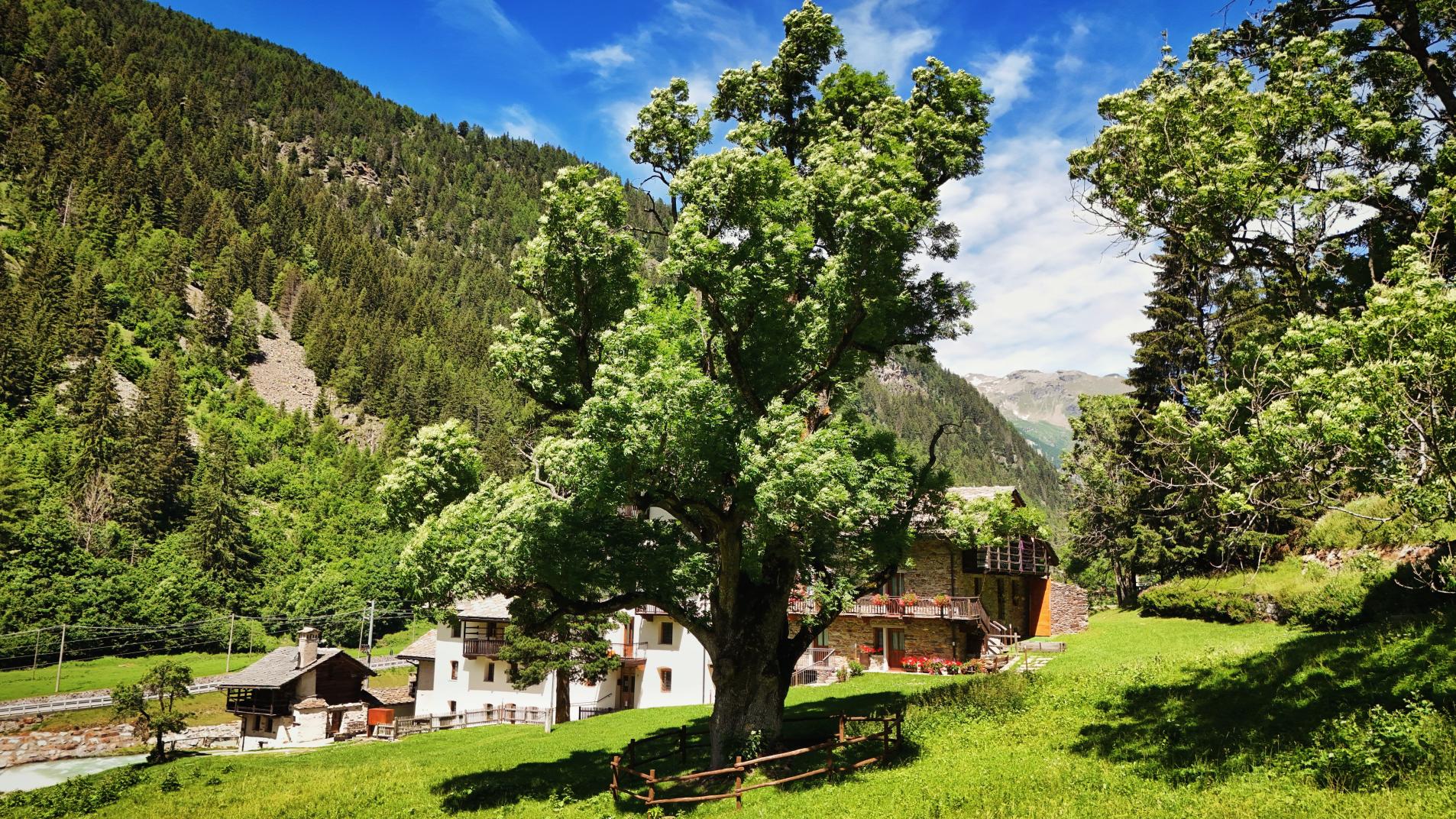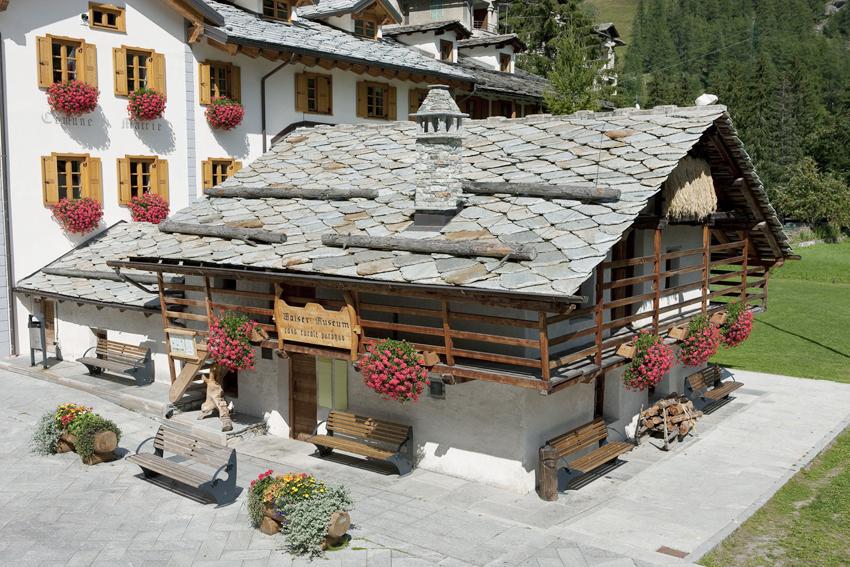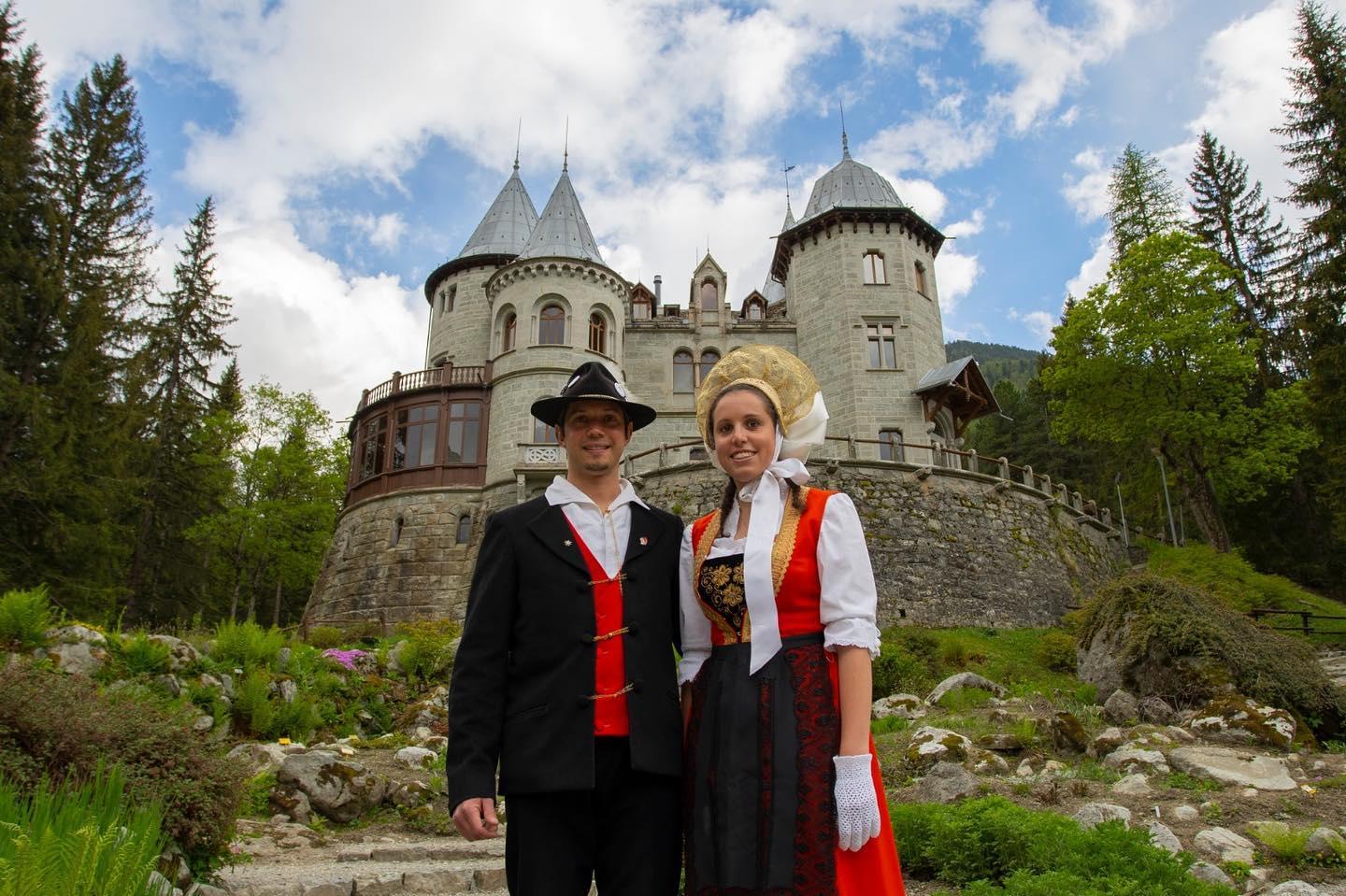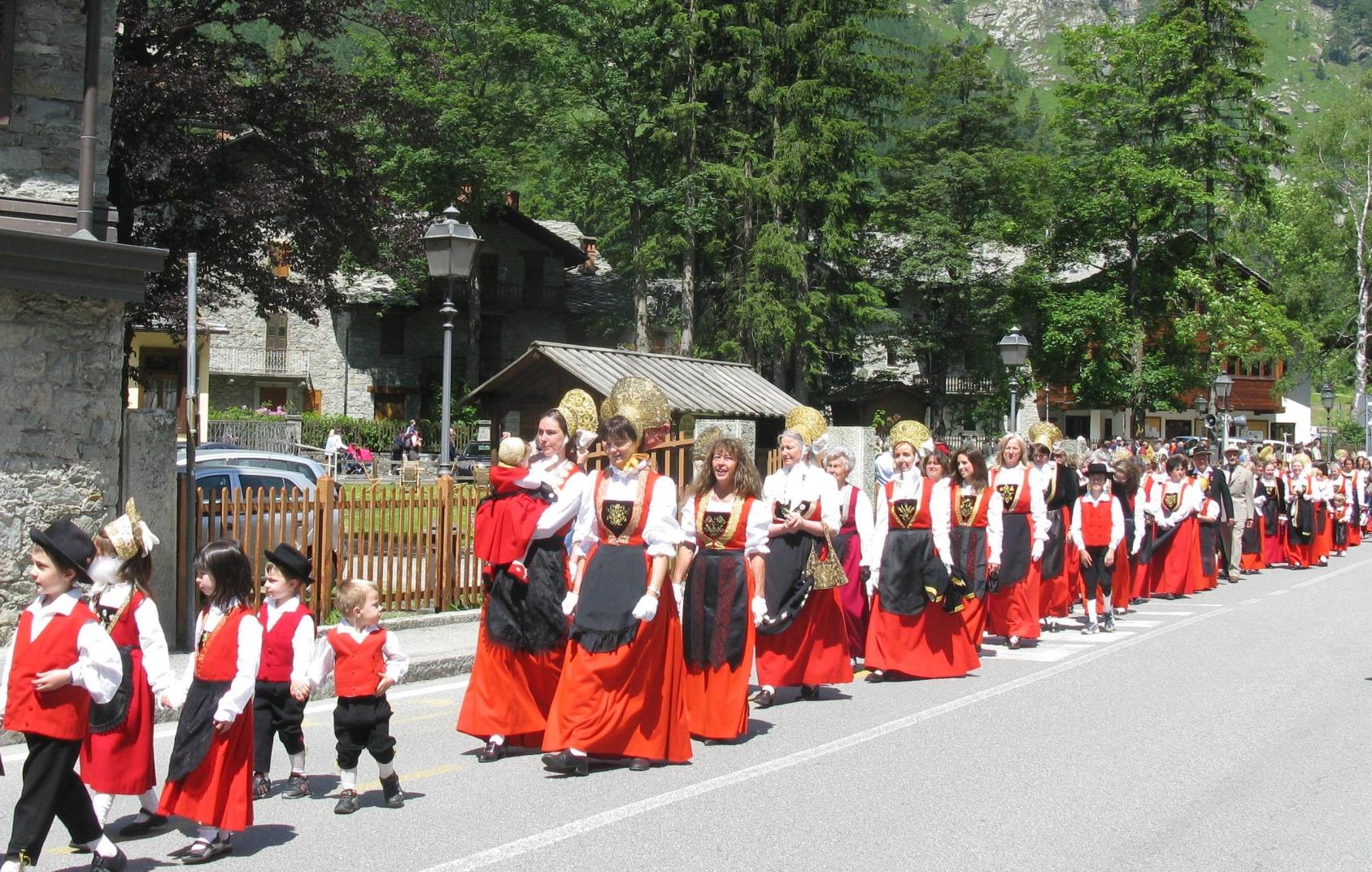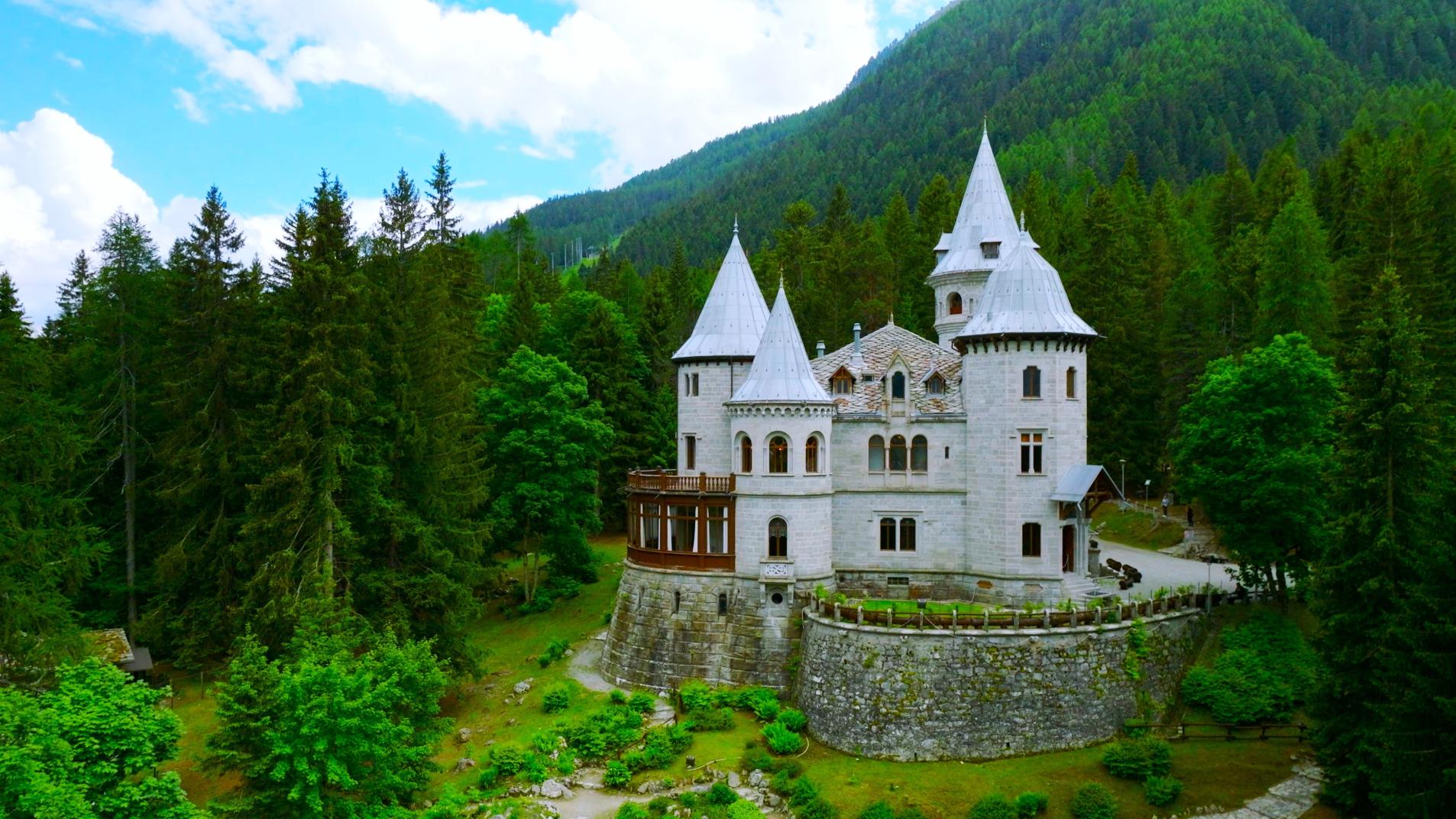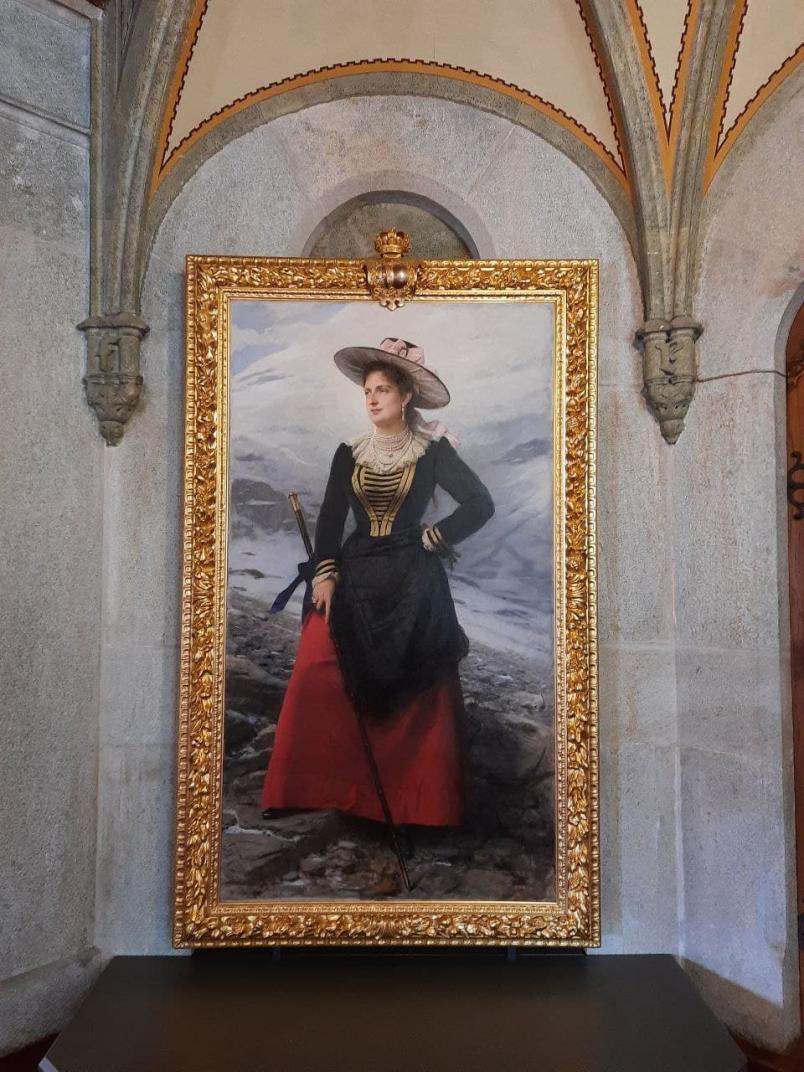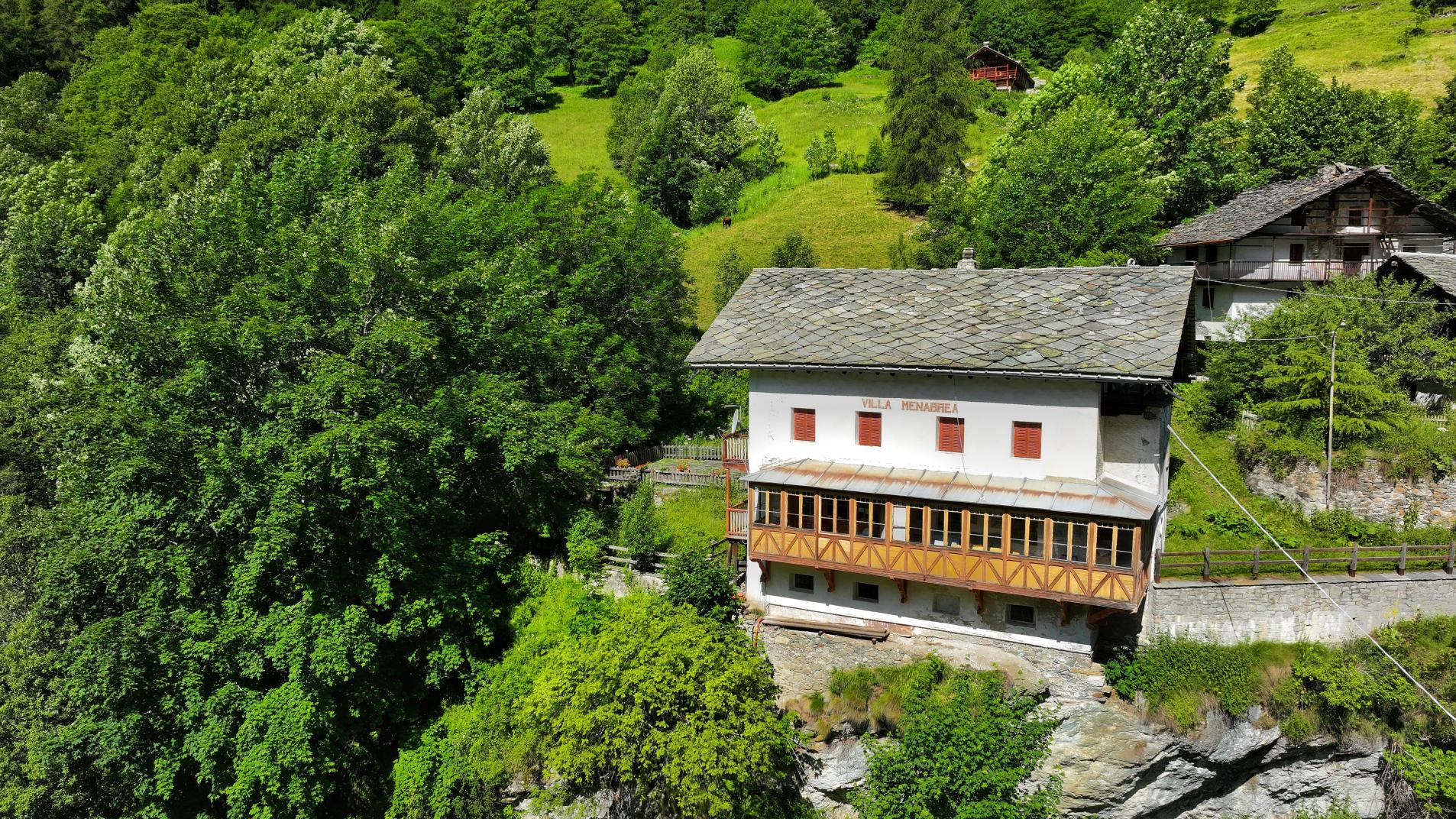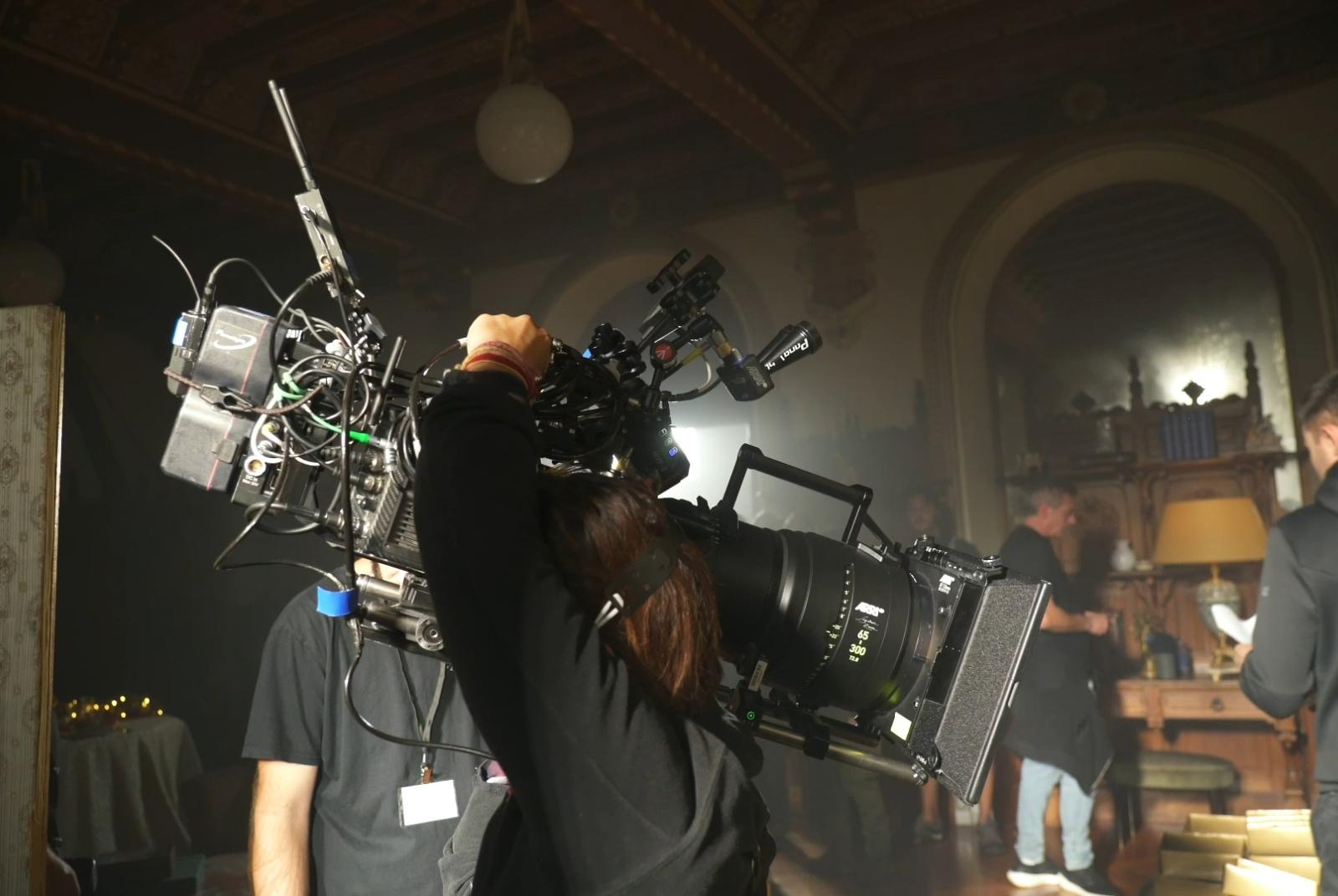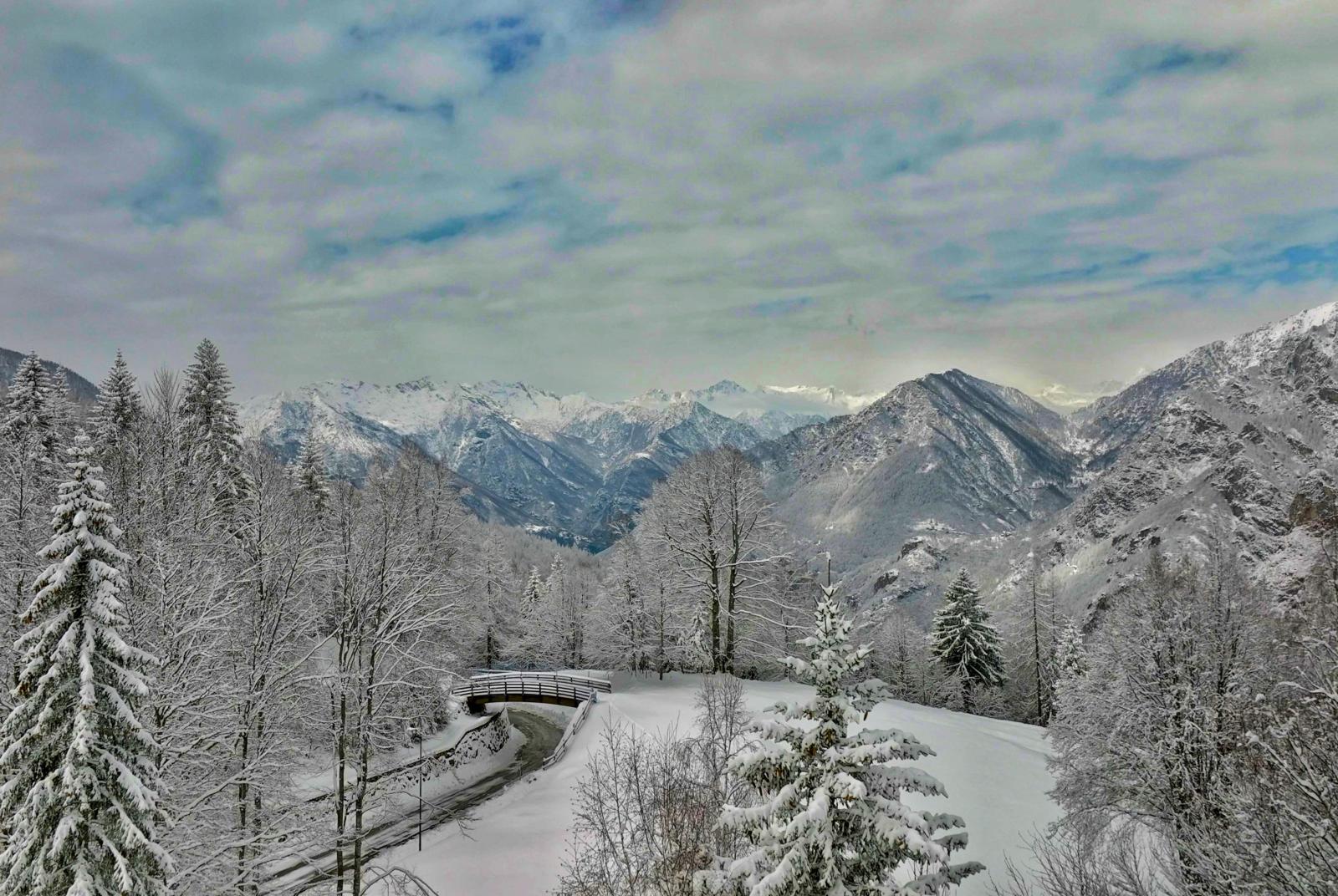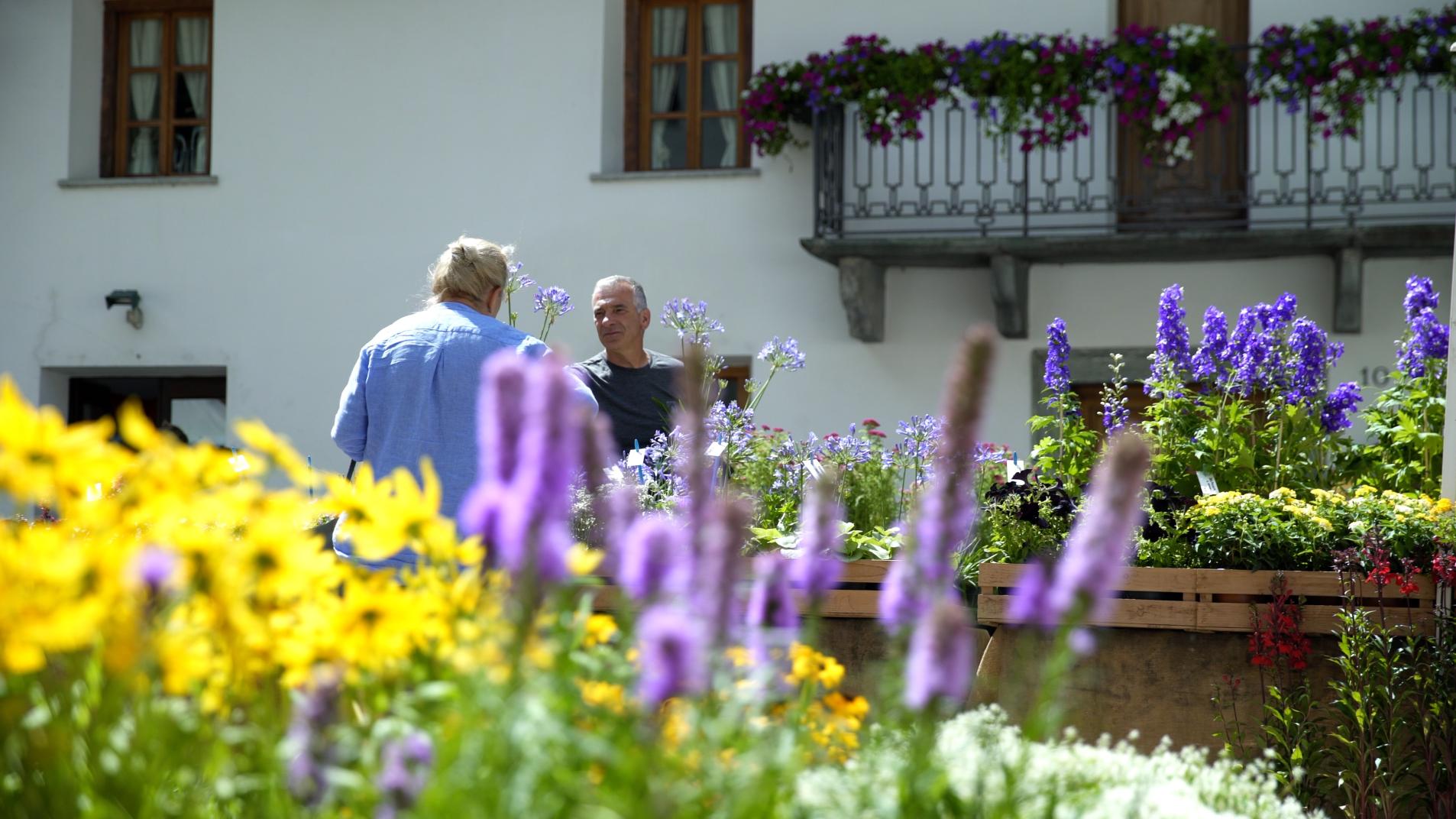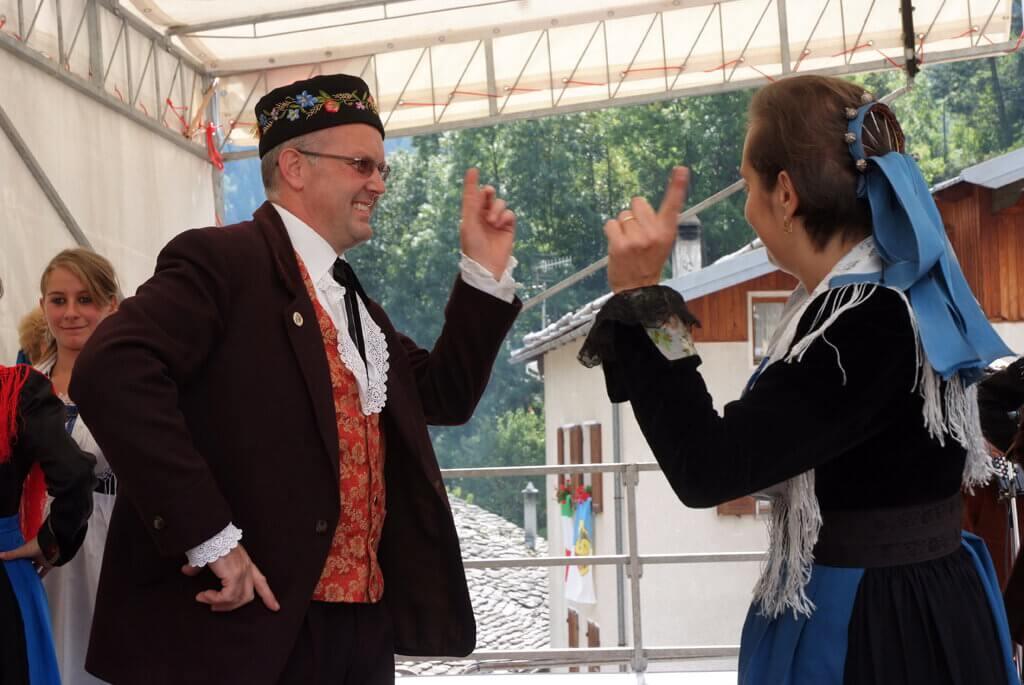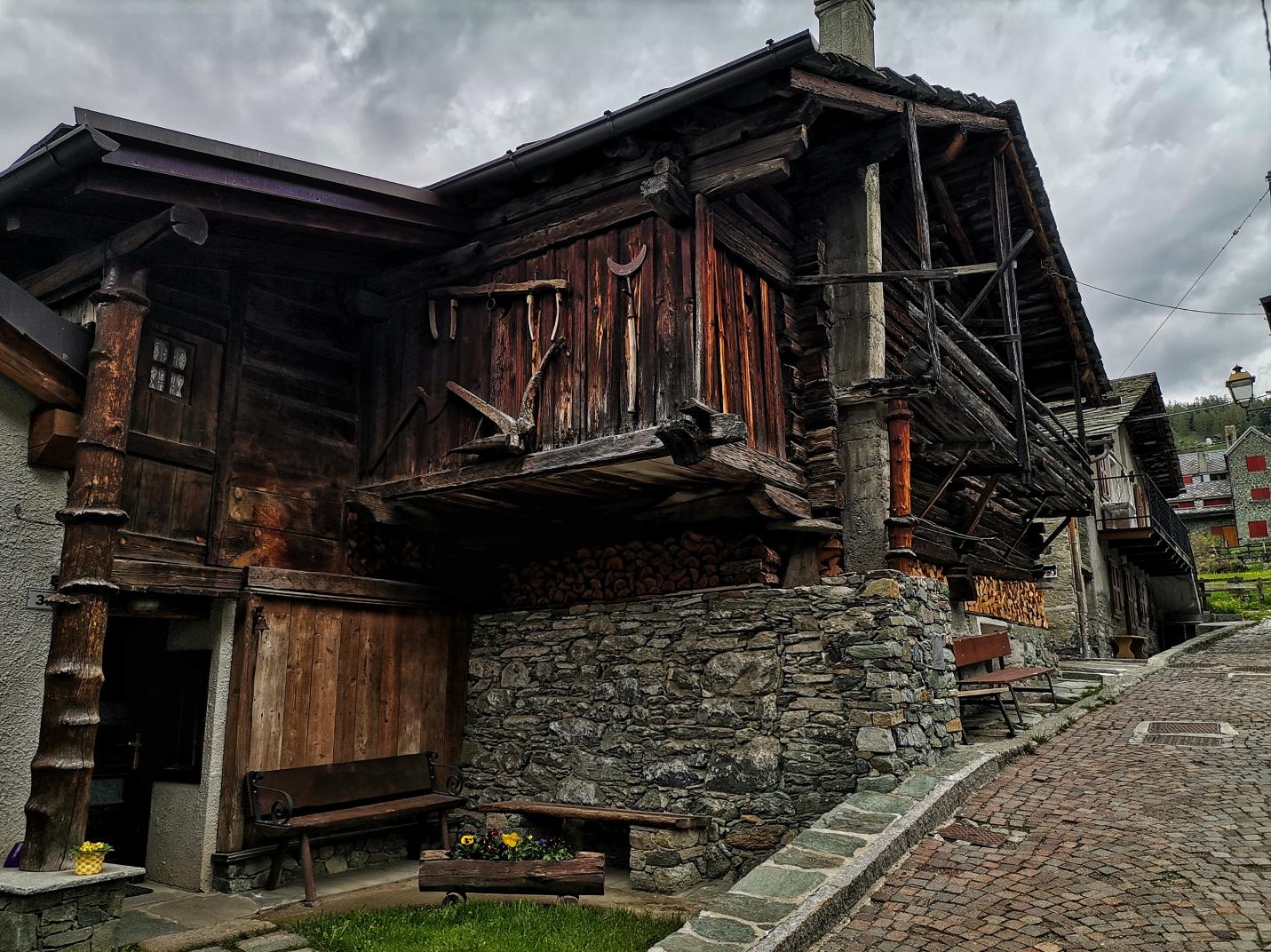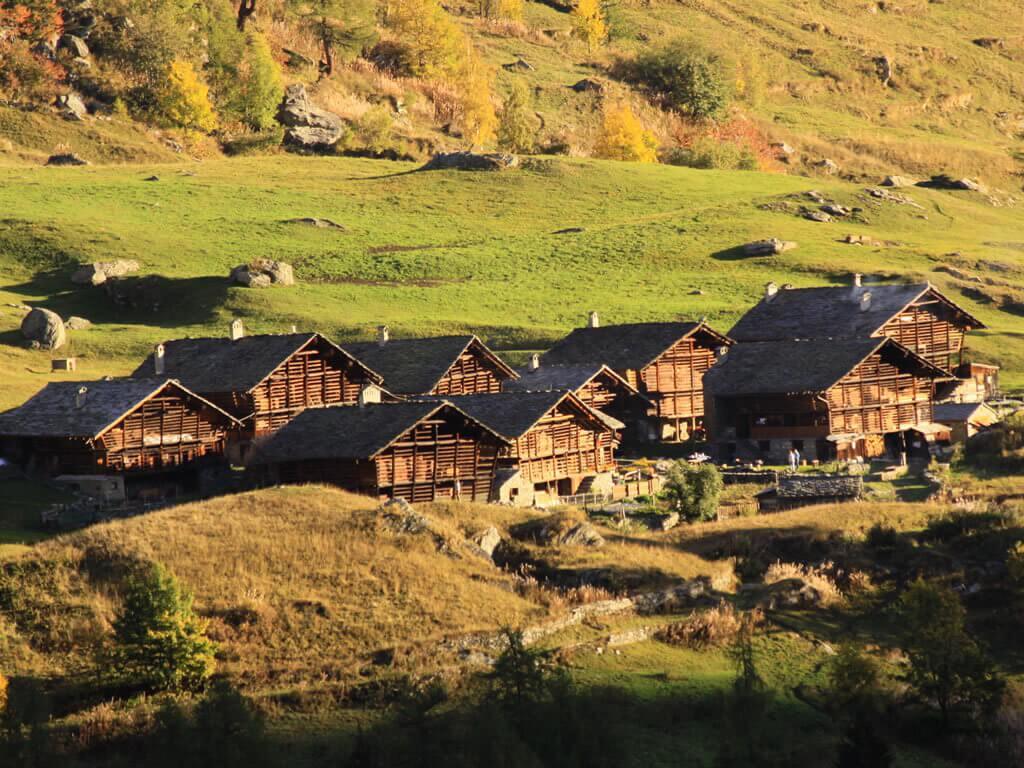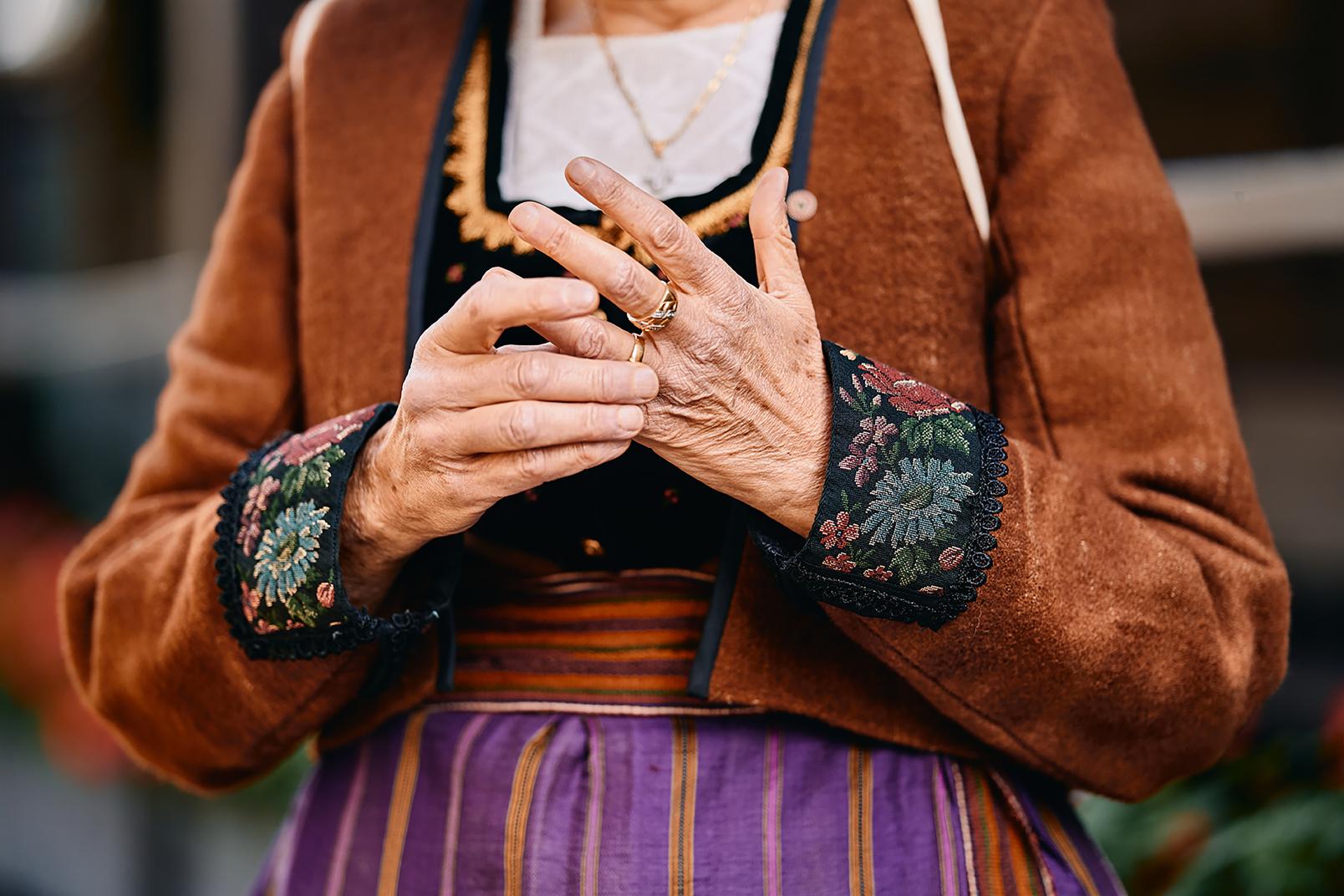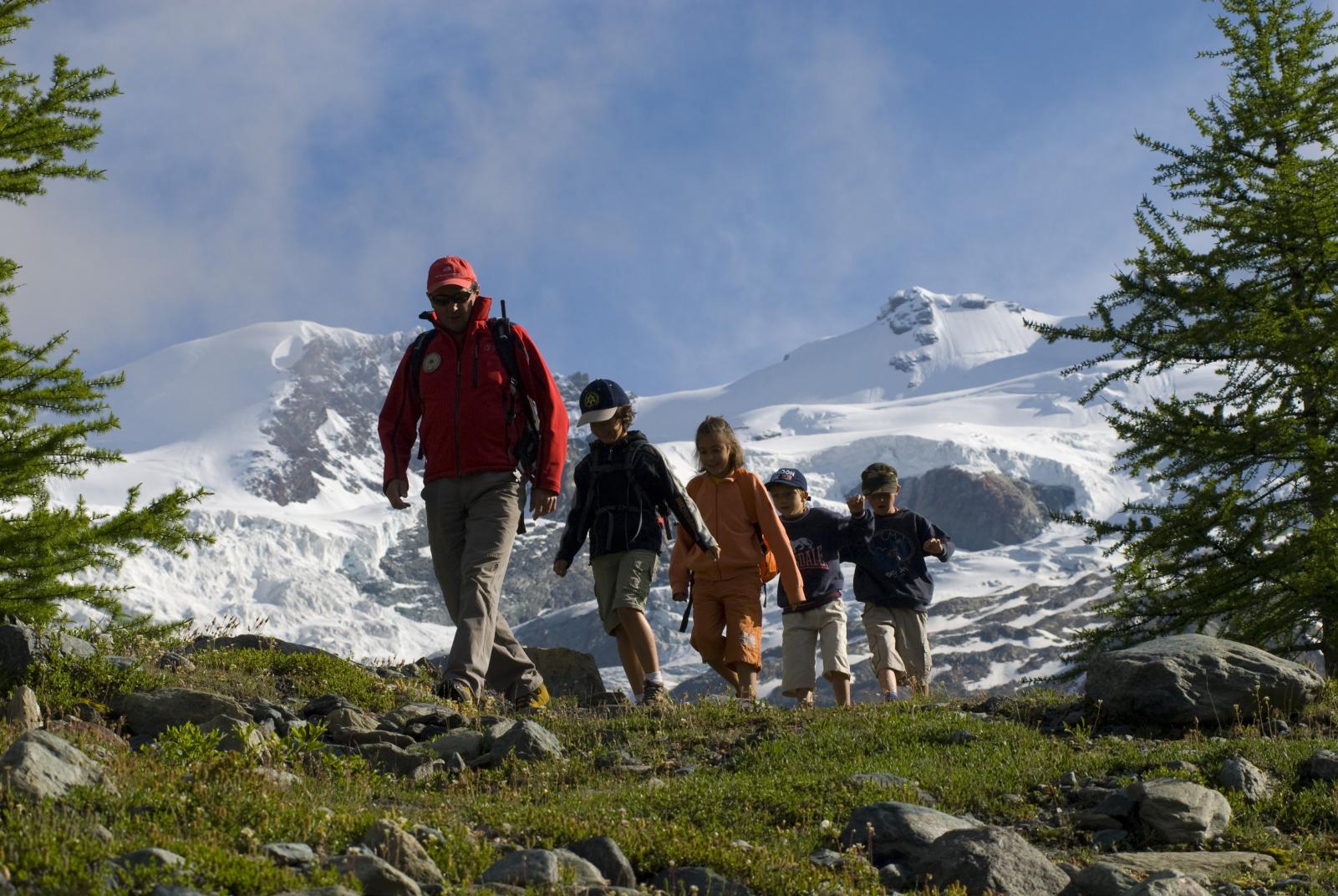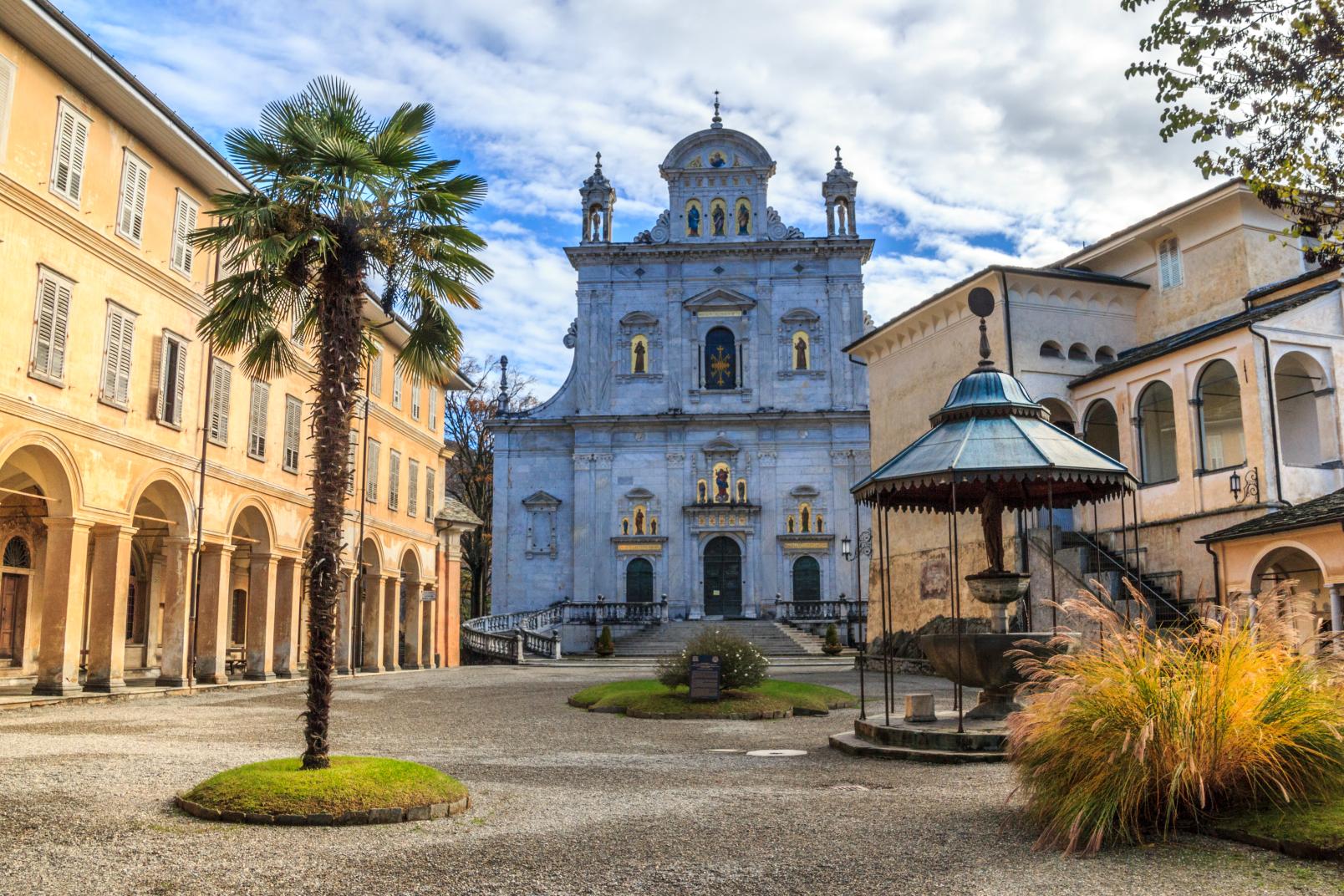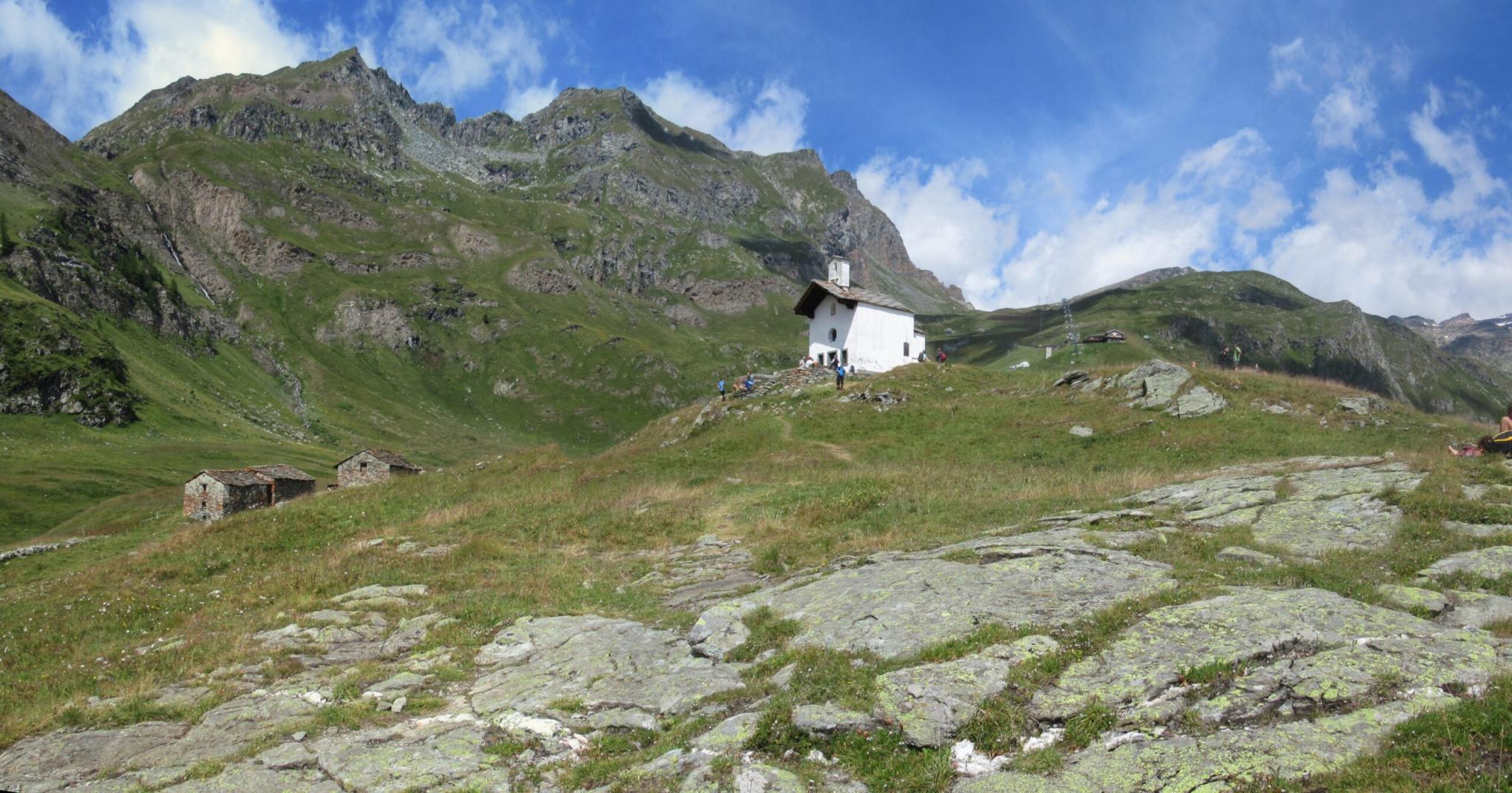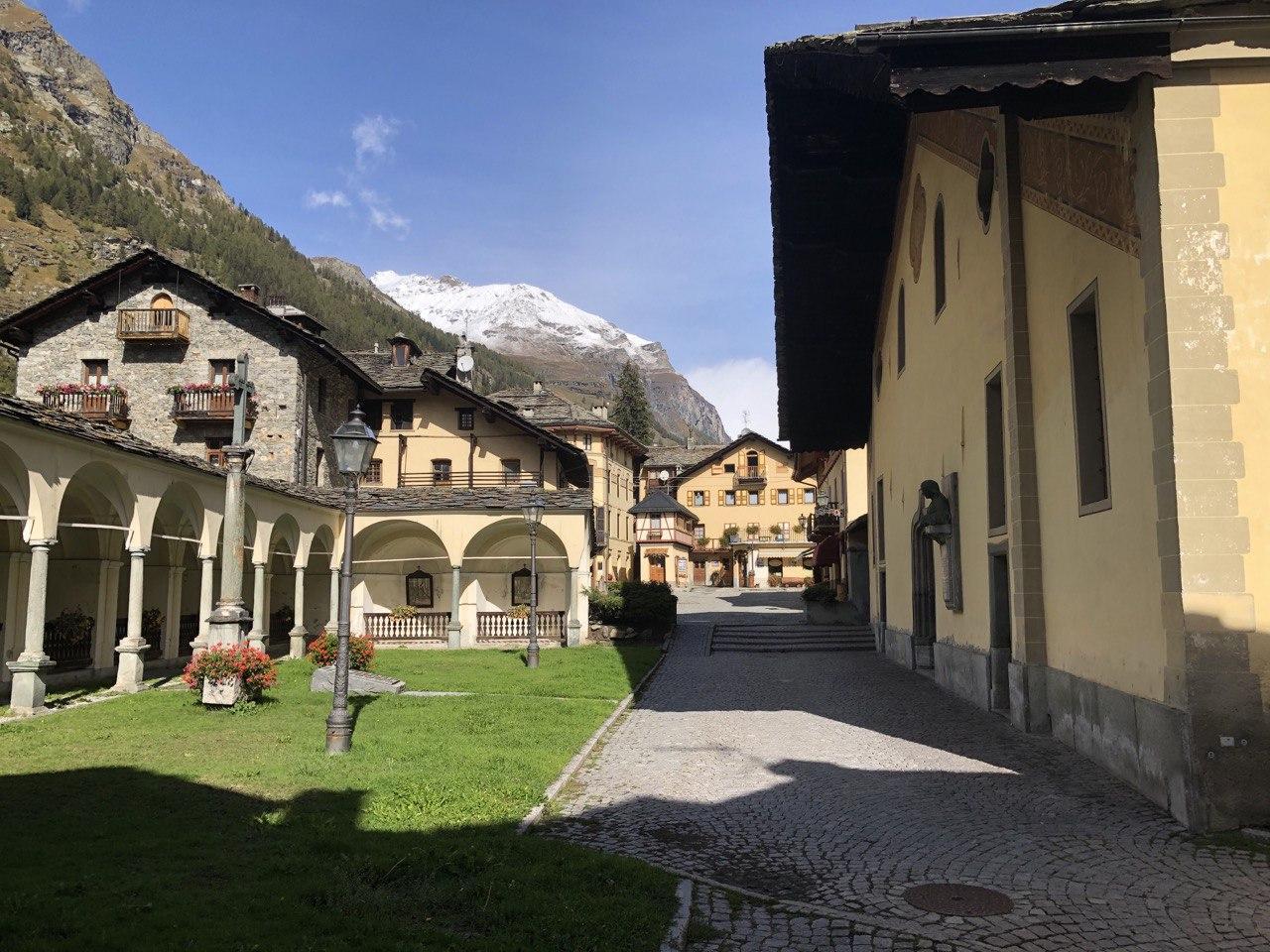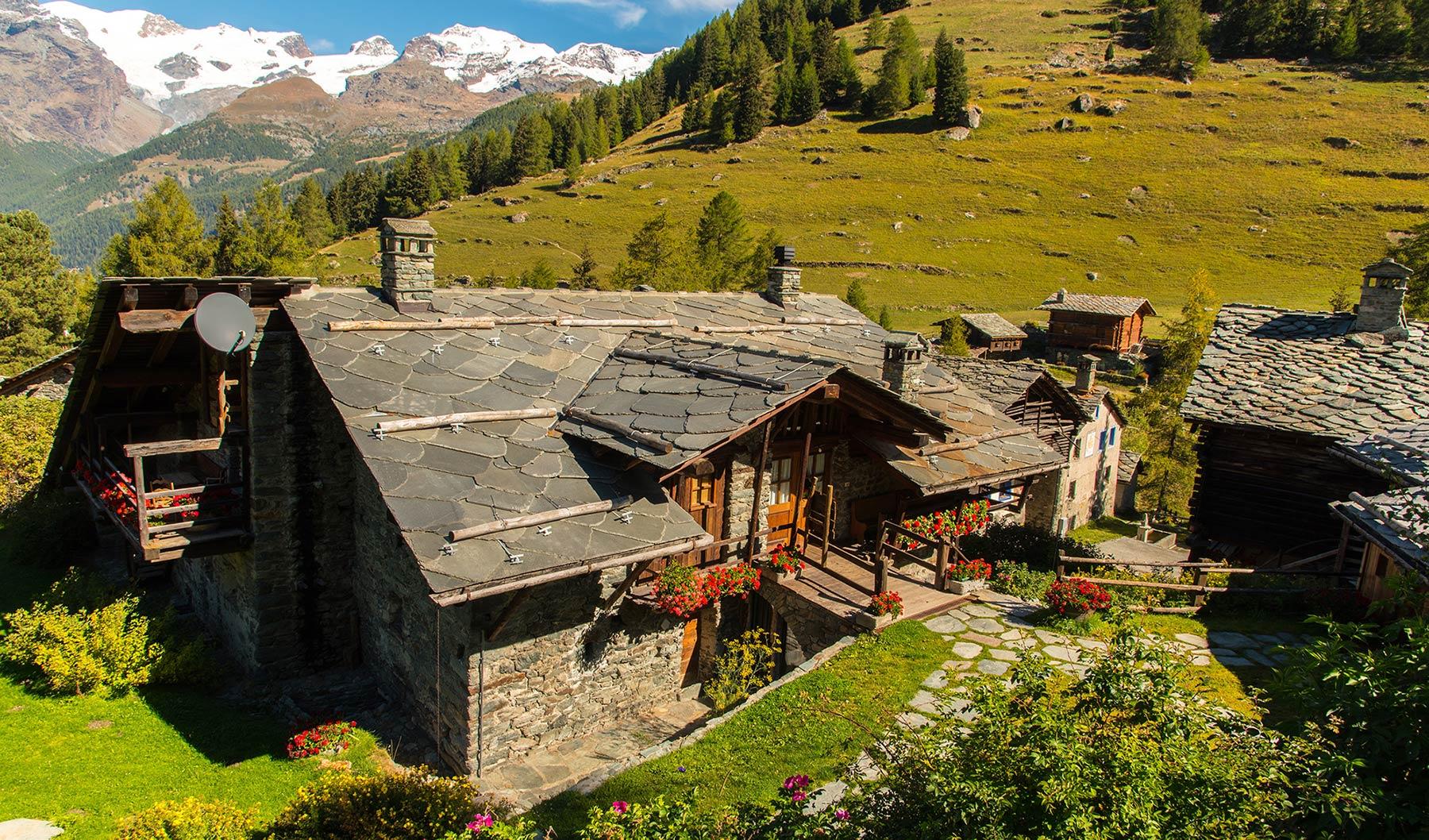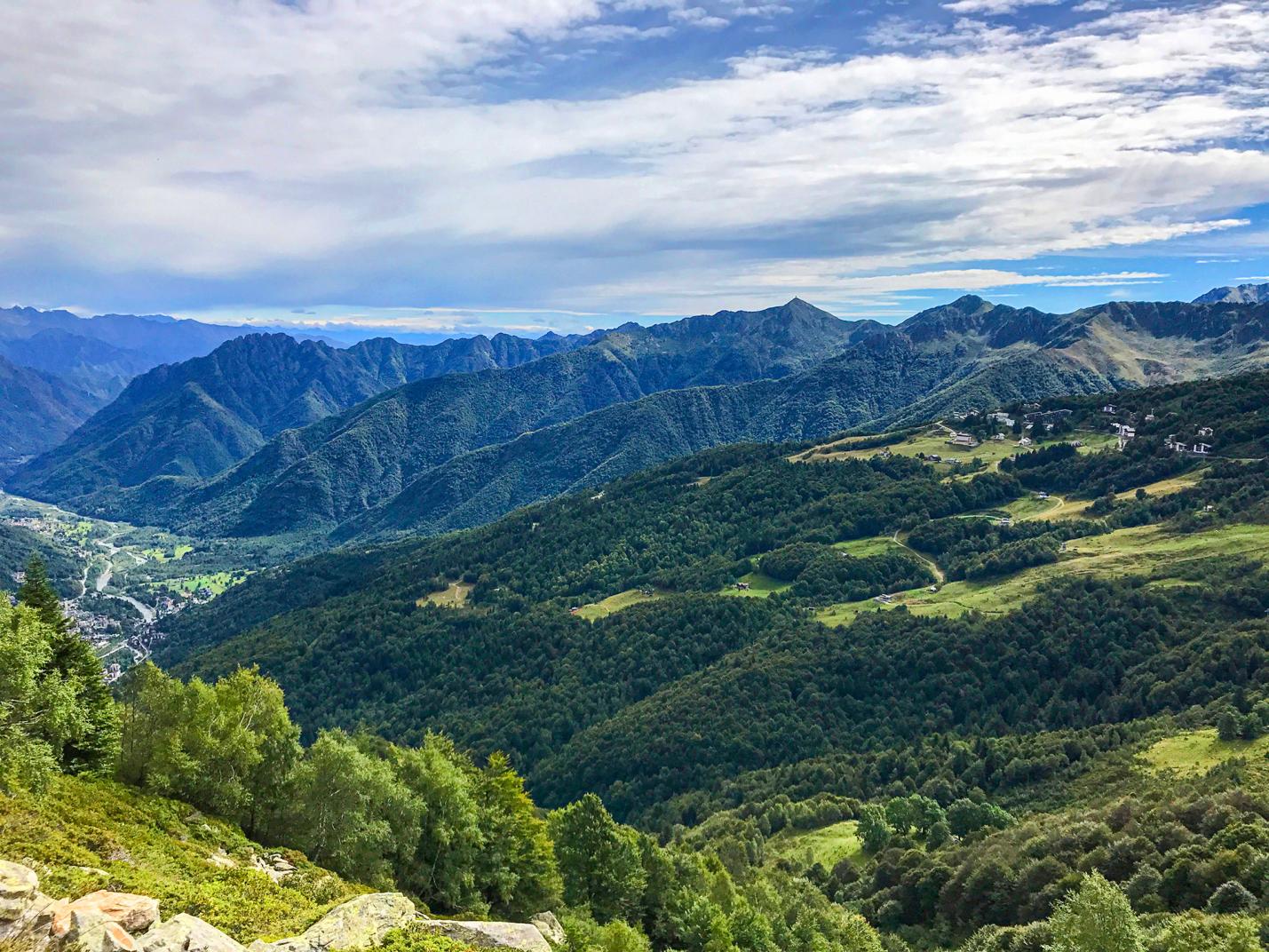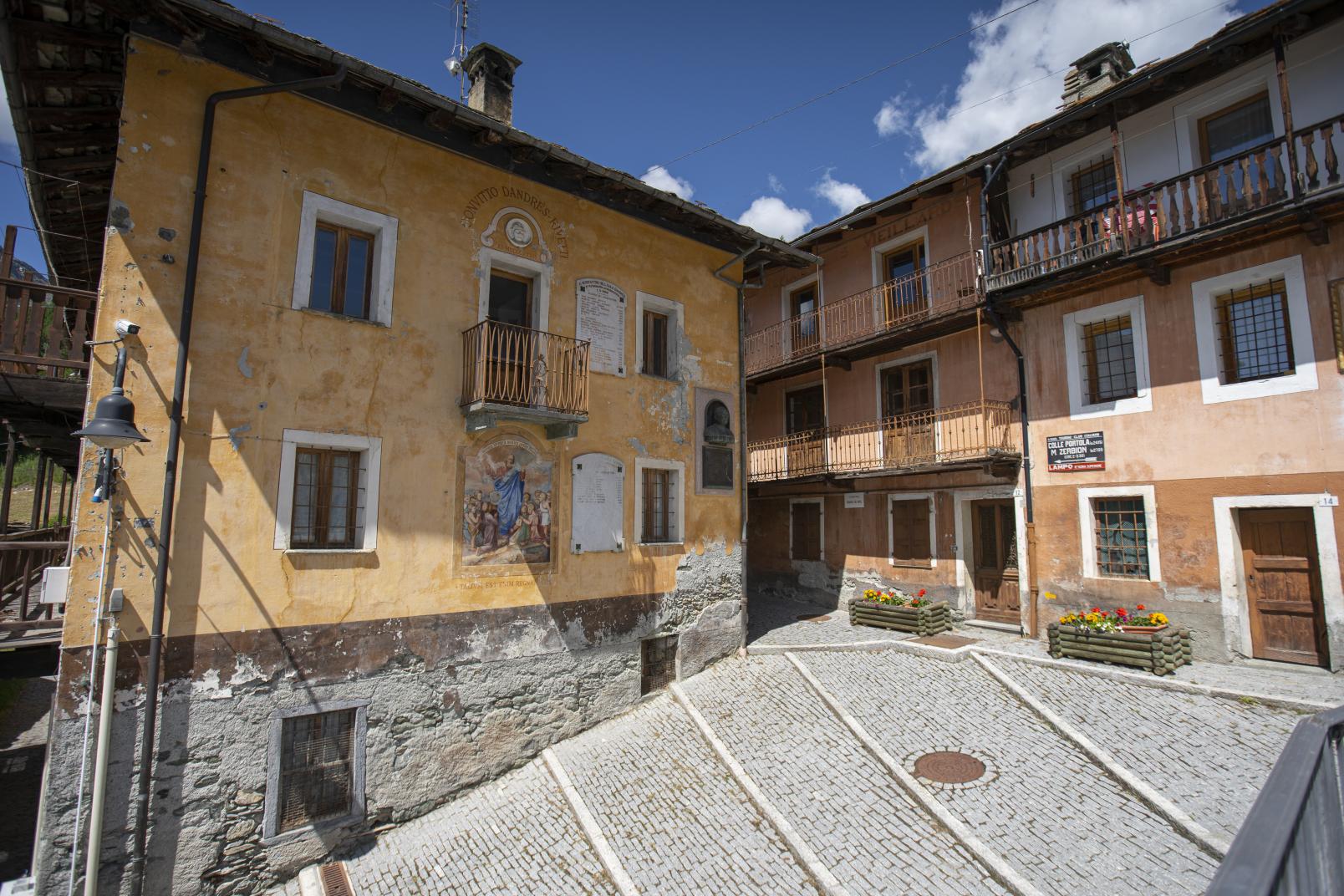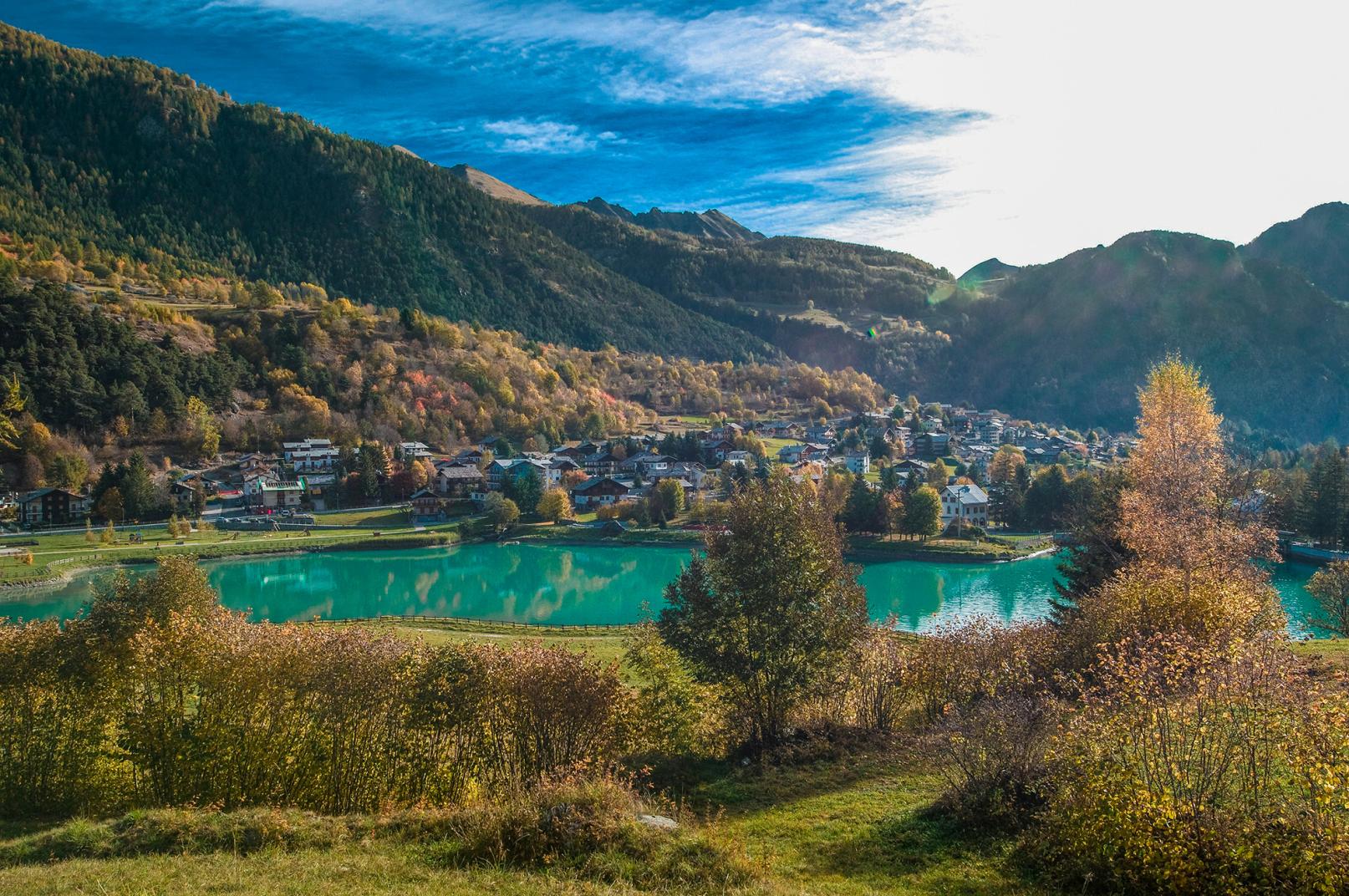The Aosta Valley is historically an entirely French-speaking region, particularly since 1536 when the Conseil des Commis chose French as its working language.
In 25 BC it was conquered by the Romans, who founded Augusta Praetoria, today's Aosta, there. Militarily and strategically important for control of the Little and Great St. Bernard passes.
A frontier with France and Switzerland, it is characterized by its linguistic distinctiveness; the population speaks a Galloromance language, referred to as Franco-Provençal: the Aosta Valley patois.
However, there are valleys where the dialect is not the Valdostan patois but a particular variant of the South German dialect, very similar to Swiss German in its most archaic form: the Walser language. The Gressoney Valley differs here from the others in that the villages at the foot of Monte Rosa use the Germanic dialect, with two known variants, the titsch of Gressoney Saint Jean and Gressoney La Trinité, and the töitschu of Issime, while the villages at the beginning of the valley, including Fontainemore, use the patois.
Walsers are a population of Germanic origin who colonized the lands around the majestic Monte Rosa in the Middle Ages, creating settlements in the valleys of Gressoney, Ayas, and the Piedmontese lands of Valsesia.
The name of this population really stands for where they came from: Walser, in fact, is a contraction of Walliser, meaning Wallesian, the Swiss Canton of Valais. The Walser people brought to their new colonies their language, traditions, and culture, which still make these lands so fascinating today.
During the Middle Ages, several castles arose in the Valle d'Aosta to control the different valleys and trade routes with France and Switzerland. Placed at the mouth of the Lys valley you can observe the remains of the castle or "castellaccio" of Pont-Saint-Martin belonging to a branch of the Bard family founded around 1200. Going up the valley you will find another castle in the village of Perloz, belonging to the Vallaise family, vassals of the Savoy.
Speaking of castles, one of the most famous in the entire region and a symbol of Gressoney is Castel Savoia. A 19th-century villa was built at the behest of Queen Margherita in the locality called "Belvedere," because of the splendid view from there, that dominates the entire valley up to the Lyskamm glacier.
The modern history of this region is characterized by a tourist development that has transformed the Lys Valley into a splendid tourist destination.
A valley to be discovered, treat yourself to a dream vacation among sports, entertainment, history, culture, and traditions.

